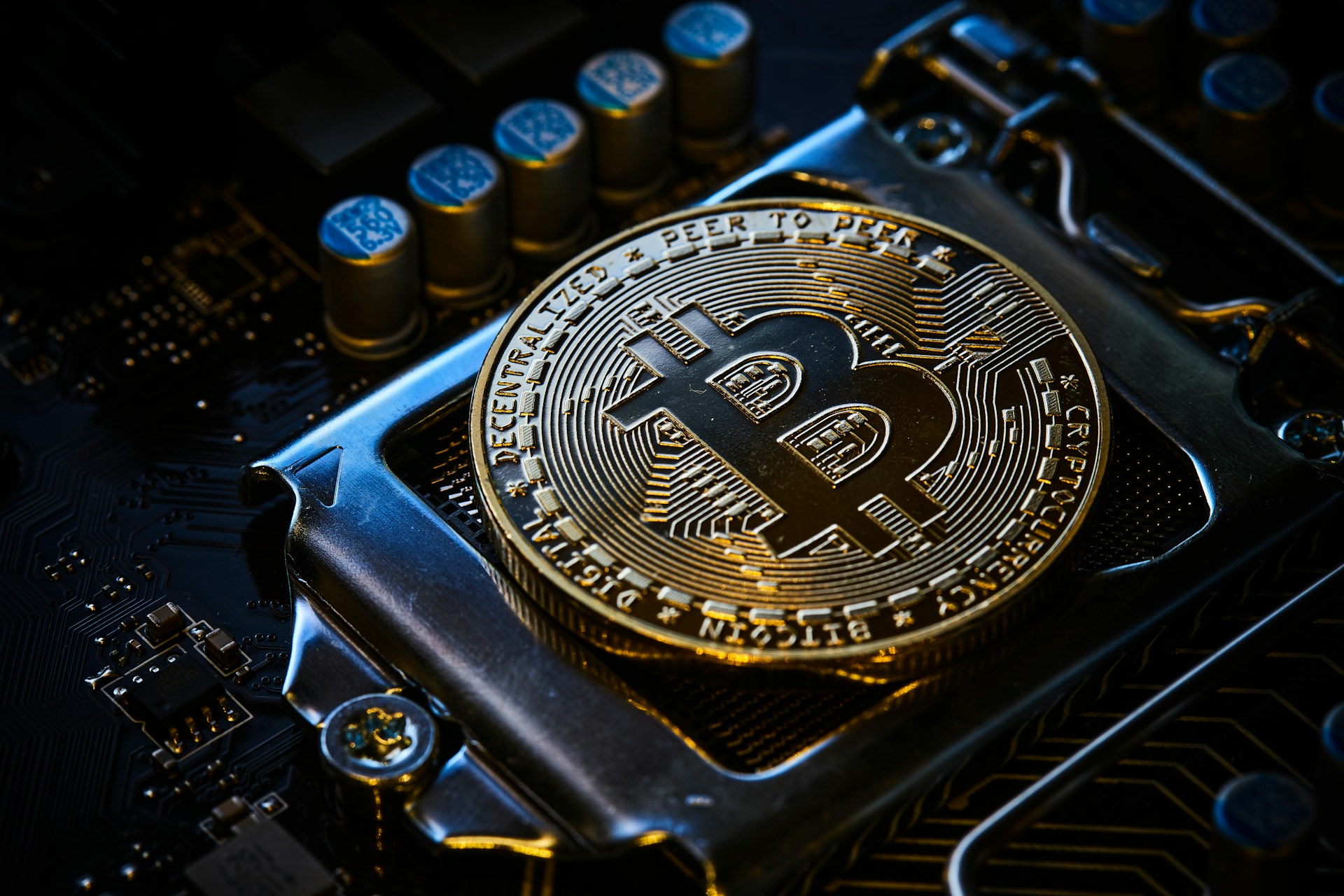Link copied
Wall Street braces for key inflation data
watchlist :: 2024-12-11 :: source - yahoo finance
By Alexandra Canal
November's Consumer Price Index (CPI) will serve as the latest test of whether an inflation resurgence is a risk to the US economy as the Federal Reserve debates its final interest rate decision of the year after cutting rates by 75 basis points so far in 2024.
The report, set for release at 8:30 a.m. ET on Wednesday, is expected to show headline inflation of 2.7%, a slight uptick from October's 2.6% annual gain in prices. Consumer prices are expected to have risen 0.3% over the prior month, also ahead of the 0.2% monthly increase seen in October.
On a "core" basis, which strips out the more volatile costs of food and gas, prices in November are expected to have risen 3.3% over last year for the fourth consecutive month. Economists expect monthly core price increases to also match the prior month's reading of 0.3%, according to Bloomberg data.
"The Fed should be in a position to move forward on the December rate cut, but [the final] CPI report now becomes another significant milestone in the policy-adjustment calculus," Rick Rieder, chief investment officer of global fixed income at BlackRock, wrote on Friday.
Core inflation has remained stubbornly elevated due to higher costs for shelter and services like insurance and medical care. Used car prices will likely see an uptick due to a rebound in auction prices, while economists remain split about whether or not higher airfares will materialize.
Goldman Sachs expects airfares to rise 1% month over month, "reflecting strong underlying pricing trends," while Bank of America sees a deceleration.
"After surging in each of the last three months, we expect airfares to fall by 1% month over month, which will be a swing in the contribution to core inflation from +3 basis points to -1 basis points," Bank of America economists Stephen Juneau and Jeseo Park wrote in a preview of the report.
The duo expects core inflation to drop to 0.2% on a monthly basis as a result of lower airfares but noted the category remains incredibly volatile.
Fed's next challenge: A new administration
Although inflation has been slowing, it has remained above the Federal Reserve's 2% target on an annual basis.
The election of Donald Trump as the nation's next president has further complicated the outlook, with some economists arguing the US could face another inflation resurgence if Trump follows through with his key campaign promises.
Trump's proposed policies, such as high tariffs on imported goods, tax cuts for corporations, and curbs on immigration, are considered by economists to be potentially inflationary. Those policies could further complicate the Federal Reserve's path forward for interest rates.
As of Tuesday, markets continued to price in another 25 basis point cut at the central bank's meeting next week, with the odds of a cut increasing to 86% from about a 73% chance one week ago.
"The labor market has rebalanced, supply constraints have largely subsided, and inflation expectations remain anchored," Bank of America said in its note. "That said, progress on inflation should stall next year given our expected changes to tariffs, fiscal and immigration policies."
Goldman Sachs' economics team led by Jan Hatzius agreed, writing in a note published on Monday that next year should yield further disinflation due to a rebalancing in the auto, housing rental, and labor markets, but that progress will also be "offset from an escalation in tariff policy."
And as Wells Fargo's economics team put it, the last mile is always the hardest: "The disinflationary momentum is fading, and new headwinds (e.g., the potential for tariffs and tax cuts) have emerged that make the final leg of inflation's journey back to the Fed's 2% target look increasingly difficult."
Alexandra Canal is a Senior Reporter at Yahoo Finance. Follow her on X @allie_canal, LinkedIn, and email her at alexandra.canal@yahoofinance.com.
This story was first published on Yahoo finance
This week top market trends.
-
US retail sales beat expectations in November
2024-12-17 :: general :: reuters -
C3.ai Jumps on Strong Sales, Raises Full-Year Revenue Outlook
2024-12-10 :: stock :: bloomberg -
SpaceX Weighs Tender Offer at Roughly $350 Billion Valuation
2024-12-03 :: deals & business :: bloomberg -
France's Chaotic Week Ends on High Note as Investors Dip Back In
2024-12-06 :: stock :: bloomberg -
Sam Altman-backed Oklo signs power agreement with data center operator: share surges
2024-12-18 :: stock :: reuters
Recent global market news
-

Nvidia is on a collision course with a $5 trillion valuation: Analyst
2024-12-18 :: :: yahoo finance -

Micron shares tumble as quarterly forecast signals sluggish consumer demand
2024-12-19 :: :: reuters -

Bitcoin Could Peak Between $160,000 And $290,000 If These Historical Patterns Repeat - Report
2024-12-18 :: :: newsbtc


